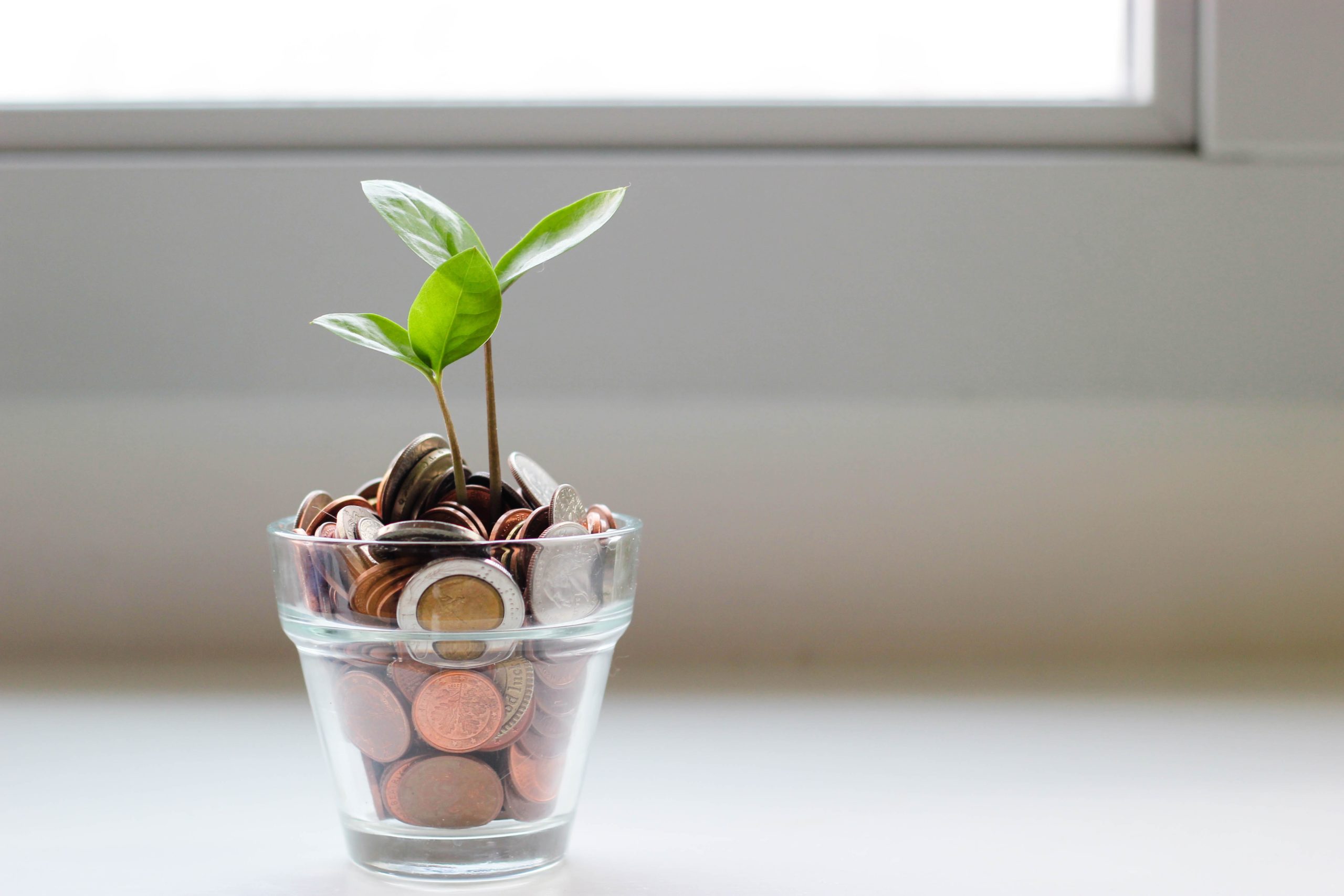6 Tips to Get Your Finances in Order
Getting your finances in order can seem like a hassle which is why many people keep putting it off. Unfortunately, you cannot run away from finances because sooner or later your spending habits and debts catch up to you and you’ll need to take action.
Luckily, there are some tips that you can follow to make your organization and financial independence much easier. If you have been living from one paycheck to the next, or want to invest in property or a vehicle but have bad credit, the following tips are going to be your guide to a better financial standing.
1. Organize Your Financial Documents
The first thing you need to do is start organizing your financial documents. These documents can range from your credit score to your bank statement, and receipts covering your expenses. Having a folder with these documents in a specific order will help you figure out a better plan for your finances. This is a simple step but it can help you get your thoughts organized and be able to start working on making better financial decisions.
2. Decide on a Realistic Budget
One thing that comes to mind when discussing your finances is setting a budget. A realistic budget is one that allows you to save money without having to deprive yourself completely of the things you want. There are different budgets out there that can help you achieve this balance. For example, some people follow the thirds budget which means that a third of their income is to be saved, a third is spent on debts and bills and the last third is used for things such as eating out or pampering yourself.
3. Look for the Right Loans
If you have a good credit score, then it is easy for you to get a loan from your bank. However, if your credit score is not the best, you will need to look for alternative sources. Getting a loan when you have bad credit can actually help you improve your finances. You can use this loan to cover expenses for necessities that you may not be able to afford otherwise. According to UK financial advisers, getting a loan can actually help with bad credit since it increases your credit score if you are consistent in paying the installments on time. You can also use this loan to pay off previous debts and have only one debt to pay off.
4. Pay off Debts
Debts are one of the main reasons why people struggle to reach financial stability. Figuring out what debts you have accrued from previous years, as well as regular bills that you need to pay off, can help you get your finances in order. Slowly and consistently chipping away at these debts will leave you debt-free in only a matter of time. If you are having trouble paying off debts then you can set up a payment plan to give you a realistic timeframe to help you get everything in order.
5. Track Expenses
Keeping track of your daily and monthly expenses can help you adopt better spending habits. You can also track which expenses you can live without and cut out of your budget entirely. For example, if you spend money on coffee every day, you can start making your coffee at home to save some cash that can be allocated to different needs.
6. Check Insurance Policies
People often do not research what services different insurance companies offer, so they settle for policies that have higher insurance quotes. This means that they overpay for insurance that one can get for a lower price. Doing your due diligence and researching what kind of insurance policy will work best for your needs is going to save you a lot of money and help you get your finances in order.
With these six tips, you can start working on bettering your financial situation and gain your financial stability in no time. Taking the first step can be hard but once you start taking care of your finances you will find yourself having a better outlook on life and reducing stress. You will also be able to pay off debts and start saving money to live a better quality of life.


